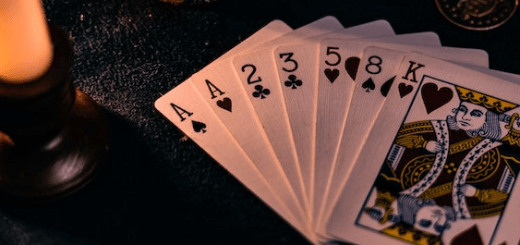Psychological Explanation of Punting
Psychological Explanation of Punting has been a concern over the years. The brain is made to be overconfident hence there is a false illusion of knowledge that will cause one to make wrong decisions. Most punters believe that they can use skills to control the outcome of the game.
However different psychological effects can influence the way people gamble. The following are some of the psychological explanations of punting.
Psychological Explanation of Punting: Almost winning
This is known as being close to the jackpot but a person will end up losing. This instills courage in punters to keep punting because they hope that they are winning which is a false sense.
Choices
Punters are given choices. Being given a choice gives a false alarm that one is being allowed to control the outcome. Being given choices increases one’s choices of losing.
Winning creates a natural high
According to neuroscience, punting addition and drug addiction share many neural processes. This effect creates an adrenal rush which will make one not be nervous when waiting for results.
Punting fallacy
These are delusions which change progression. Previous spins don’t influence future spins. This is a belief that if one keeps increasing their bet they will eventually win which is false.
Social effects of punting
Children and adults are exposed to too much punting environment these days. Most people organize home casinos where they play with friends and family which helps in socialization and helps the brain to relax after a long day at work.
Media
The way media portrays punting makes people want to join. Media is one of the transmitters of socialization and the way it portrays punting lures people to join. Media portrays punters as being rich, influential and therefore many people want to join.
In conclusion punting affects people’s psychology in that they become dependent on the game. It also causes anxiety and also depression.





















